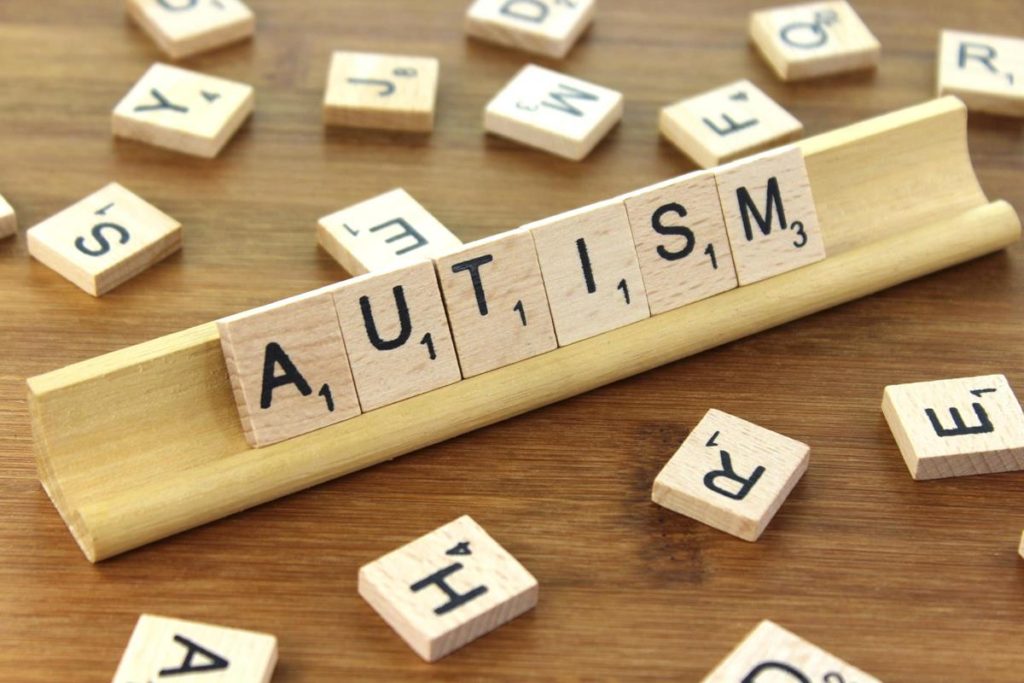Autism is a condition that affects how a person communicates with, and relates to, other people. It also affects how they make sense of the world around them. This diagnosis can be devastating for families form a financial standpoint because of the myriad of health related expenses it will demand of the family. So much of the burden falls on the family to pay these expenses with the government providing some but not often enough help for families in need. This is where private charities come in and fill a need. These organizations are literally life-savers and depend on the support of strong donors like Lloyd Claycomb for their support. We need more donors though and here are the reasons why you need to donate to an Autism charity.

The Centers for Disease Control and Prevention (CDC) estimates autism’s prevalence as 1 in 68 children in the United States. This includes 1 in 42 boys and 1 in 189 girls.
The total costs per year in caring for children with autism in the United States was estimated to be between $11.5 billion – $60.9 billion (2011 US dollars). This substantial financial burden represents a variety of direct and in-direct costs, from health care to special education to lost parental efficiency.
An estimated 50,000 autistic teens become adults each year. When they do they lose the majority of the benefits they received as teenagers. Today there is a large and growing gap between the actual needs and the funding available. As the present US government administration is stating there will likely be less public funding for autism going forward.
Approximately one-third of autistic people do not speak and a third also have an intellectual disability in addition to their autism. These facts severely curtail these individuals’ chances of unassisted living and finding work.
Many autistic people often do not look disabled. So many people think they are just nighty or unruly when they observe them, not knowing that their behavior is not their choice.
There is a common set of medical and mental health issues that frequently accompany autism. They include gastrointestinal (GI) disorders, seizures, sleep disturbances, attention deficit and hyperactivity disorder (ADHD), anxiety and phobias causing the need for additional medical services often being the case for those with autism.
Many autistic people say the world feels overwhelming and this causes them considerable anxiety. There is a great challenge for them to understand and relate to other people, take part in everyday family, school, work and social life, and expressing themselves fully.
All people with autism share certain problems, but being autistic will affect them in diverse ways. Although most autistic people have learning disabilities, mental health issues or other conditions, all people on the autism spectrum learn and develop. With the right support, all can be helped to live a more fulfilling life.
Everyone knows someone with autism. In most cases people know many people with autism. Because it is a spectrum disorder and those with it can vary from the highly functional to those who must remain hospitalized, it is deceptive just how prevalent the disorder is today.
Autistic people often struggle to make friends, do well at school, or find appropriate jobs. However, with the right help tailored to the needs of the individual person, some autistic people can lead relatively independent lives. Others will continue to need support and understanding throughout their lives.